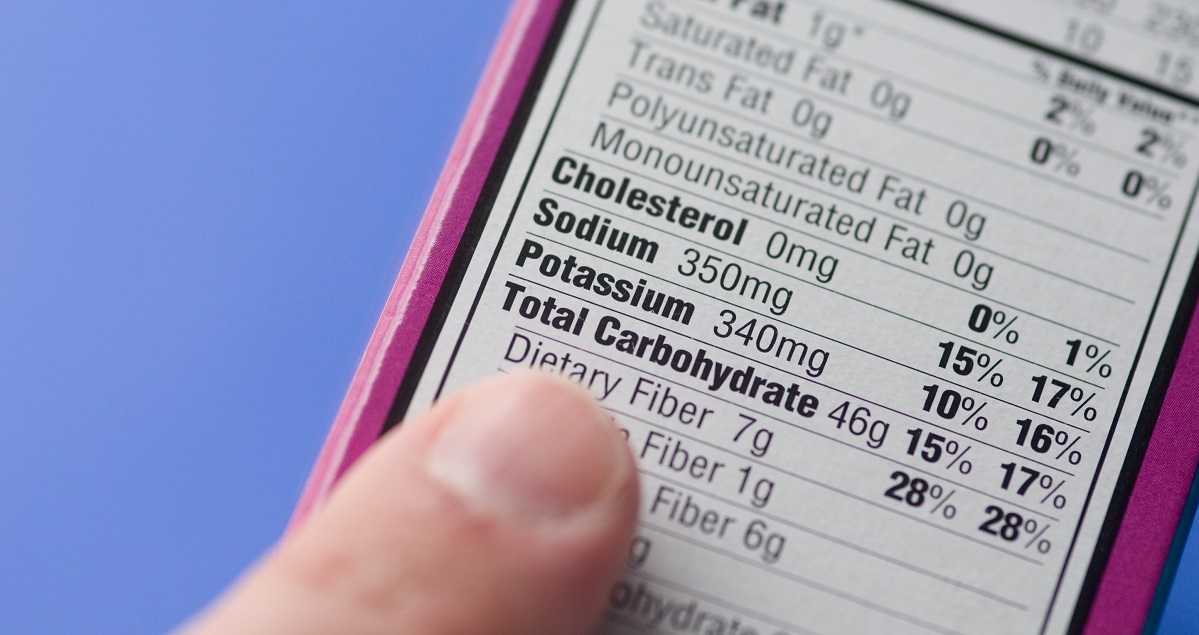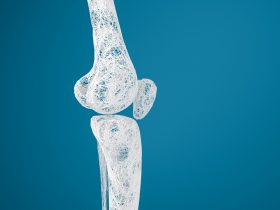There are two chemical elements that play leading roles in maintaining blood pressure: Sodium and potassium. But, according to Karol E. Watson, MD, PhD, we generally don’t pay enough attention to the second, and that’s a mistake.
“Potassium is really critical in hypertension, but it’s the ratio of sodium to potassium that is probably most important,” said Dr. Watson, an attending cardiologist and professor of Medicine/Cardiology at the David Geffen School of Medicine at UCLA. “We want to get sodium intake down and get potassium intake up.”
In a recent presentation on hypertension at Pri-Med Southwest in Houston, Dr. Watson took the time to drive home the importance of primary care physicians’ paying close attention to potassium in patients with hypertension.
“Potassium has multiple good effects on hypertension,” Dr. Watson said. “It regulates the vascular sensitivity to catecholamines, it inhibits plasma renin activity, it improves endothelial function, and it promotes natriuresis, so it’s like nature’s diuretic.”
Controlling Salt Sensitivity
To illustrate the impact of potassium on “salt sensitivity,” otherwise known as an exaggerated blood pressure response to salt load, Dr. Watson referenced what she described as one of her favorite studies:
“Researchers brought Black and White men into a clinical research center so they could control exactly what they ate. The men were given a seven-day salt load, meaning they could eat all the salt they wanted. Then the researchers assessed salt sensitivity. Following that, the men were maintained on diets of varying potassium content. Researchers saw that on the low-potassium diet, 80% of Black men and 35% of White men were salt sensitive. But as the potassium intake increased, salt sensitivity decreased. So, by the time the men arrived at the highest potassium diet, only 20% of the Black men, and none of the White men were still salt sensitive.”
Dr. Watson noted that this study illustrates the value of the DASH (Dietary Approaches to Stop Hypertension) diet:
“Studies have shown that if someone adheres to the DASH diet, the blood pressuring lowering effect is equivalent to being on a drug.”
The DASH diet is, of course, rich in fruits and vegetables, excellent sources of potassium.
Trading Sodium for Potassium
In one more demonstration of the positive effect of potassium, Dr. Watson described a study published last year in The New England Journal of Medicine:
“Researchers went to 600 villages in rural China, took away their sodium, in the form of salt, and gave them a salt substitute. Note that. most salt substitutes are potassium chloride instead of sodium chloride. So, you’re taking away sodium but also providing potassium. The primary aim was to define the effects of salt substitutes versus regular salt on stroke.”
As the villagers sodium and blood pressure were reduced, researchers saw a 14% relative risk reduction(RRR) in stroke, a 13% RRR in major adverse coronary events, and a 12% RRR in total mortality. Those concerned about possible adverse events related to the potassium can rest easy. None were seen.





